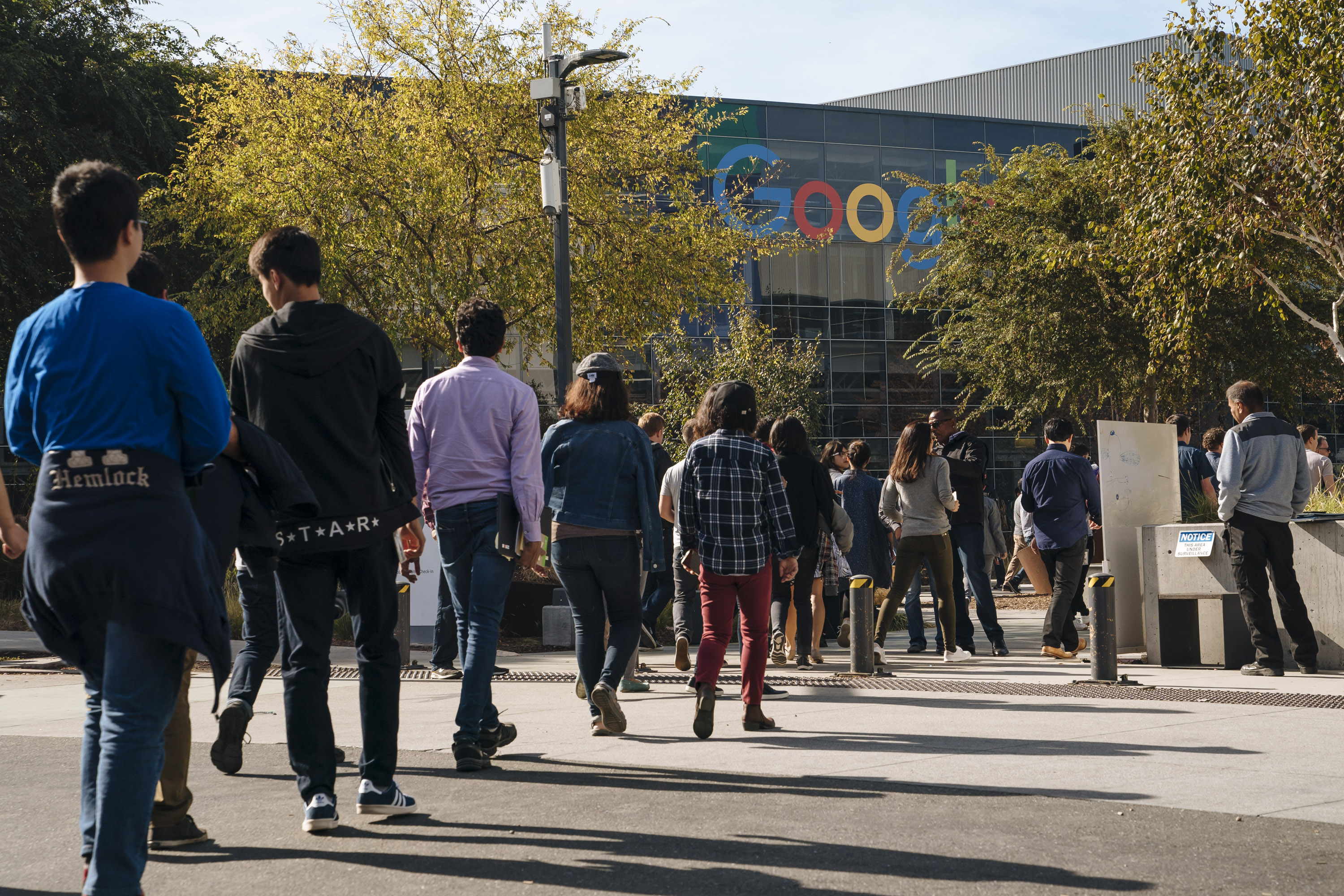Is greed no longer good?
Why leading CEOs say creating profits is no longer their only responsibility


A free daily email with the biggest news stories of the day – and the best features from TheWeek.com
You are now subscribed
Your newsletter sign-up was successful
This is the editor's letter in the current issue of The Week magazine.
Pure heresy. Treason! How else can one describe this week's revolutionary revision of "the purpose of a corporation" by the Business Roundtable, a group of 188 CEOs of America's most powerful companies. For 40 years, the corporate world has reverently knelt before libertarian economist Milton Friedman and his famed doctrine: "There is one and only one social responsibility of business," Friedman said, and that is to "engage in activities designed to increase its profits." CEOs worked for stockholders, and no one else. But in a fractious political climate in which populists from Fox News' Tucker Carlson to presidential candidate Elizabeth Warren are questioning how well capitalism is serving Americans, nervous CEOs are having second thoughts. Corporate leaders, they say, should manage their businesses to benefit "all stakeholders" — employees, customers, and society itself. In his heyday, the highly influential Friedman dismissed such do-good sentiments as "pure and unadulterated socialism."
Whether or not the CEOs follow through on their pre-emptive nod to social responsibility, capitalism is clearly headed for a reckoning. Indisputably, free markets can be wondrous generators of wealth and progress, and have dramatically raised the living standards of billions of human beings. But real-world experience has undermined free marketeers' near-theological belief that the unfettered pursuit of self-interest invariably produces the best outcomes for society itself. Banks' reckless pursuit of profits triggered the landslide of the 2008 financial crisis. Big Pharma made billions by creating an opioid epidemic that has ruined millions of lives. Fossil-fuel consumption is altering the planet's climate. The tech industry has seduced us all into surrendering terabytes of information that it sells at enormous profit. Executives cut themselves an ever-growing slice of the economic pie, while middle-class workers get crumbs. As they say on Wall Street, a correction may be coming.
The Week
Escape your echo chamber. Get the facts behind the news, plus analysis from multiple perspectives.

Sign up for The Week's Free Newsletters
From our morning news briefing to a weekly Good News Newsletter, get the best of The Week delivered directly to your inbox.
From our morning news briefing to a weekly Good News Newsletter, get the best of The Week delivered directly to your inbox.
A free daily email with the biggest news stories of the day – and the best features from TheWeek.com
William Falk is editor-in-chief of The Week, and has held that role since the magazine's first issue in 2001. He has previously been a reporter, columnist, and editor at the Gannett Westchester Newspapers and at Newsday, where he was part of two reporting teams that won Pulitzer Prizes.
-
 What to know before filing your own taxes for the first time
What to know before filing your own taxes for the first timethe explainer Tackle this financial milestone with confidence
-
 The biggest box office flops of the 21st century
The biggest box office flops of the 21st centuryin depth Unnecessary remakes and turgid, expensive CGI-fests highlight this list of these most notorious box-office losers
-
 What are the best investments for beginners?
What are the best investments for beginners?The Explainer Stocks and ETFs and bonds, oh my
-
 Epstein files topple law CEO, roil UK government
Epstein files topple law CEO, roil UK governmentSpeed Read Peter Mandelson, Britain’s former ambassador to the US, is caught up in the scandal
-
 Iran and US prepare to meet after skirmishes
Iran and US prepare to meet after skirmishesSpeed Read The incident comes amid heightened tensions in the Middle East
-
 Israel retrieves final hostage’s body from Gaza
Israel retrieves final hostage’s body from GazaSpeed Read The 24-year-old police officer was killed during the initial Hamas attack
-
 China’s Xi targets top general in growing purge
China’s Xi targets top general in growing purgeSpeed Read Zhang Youxia is being investigated over ‘grave violations’ of the law
-
 Panama and Canada are negotiating over a crucial copper mine
Panama and Canada are negotiating over a crucial copper mineIn the Spotlight Panama is set to make a final decision on the mine this summer
-
 Why Greenland’s natural resources are nearly impossible to mine
Why Greenland’s natural resources are nearly impossible to mineThe Explainer The country’s natural landscape makes the task extremely difficult
-
 Iran cuts internet as protests escalate
Iran cuts internet as protests escalateSpeed Reada Government buildings across the country have been set on fire
-
 US nabs ‘shadow’ tanker claimed by Russia
US nabs ‘shadow’ tanker claimed by RussiaSpeed Read The ship was one of two vessels seized by the US military
